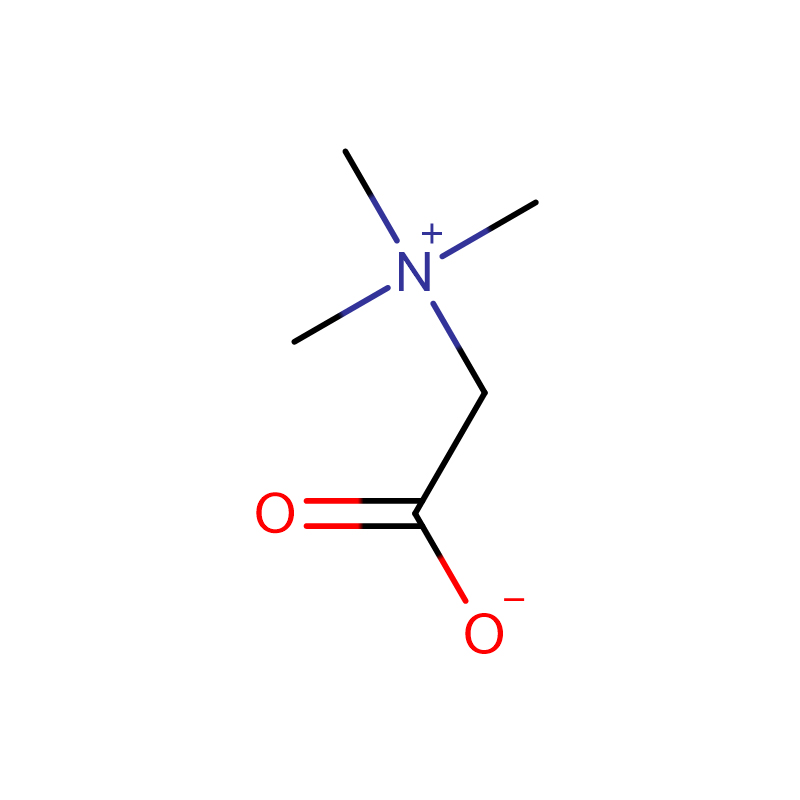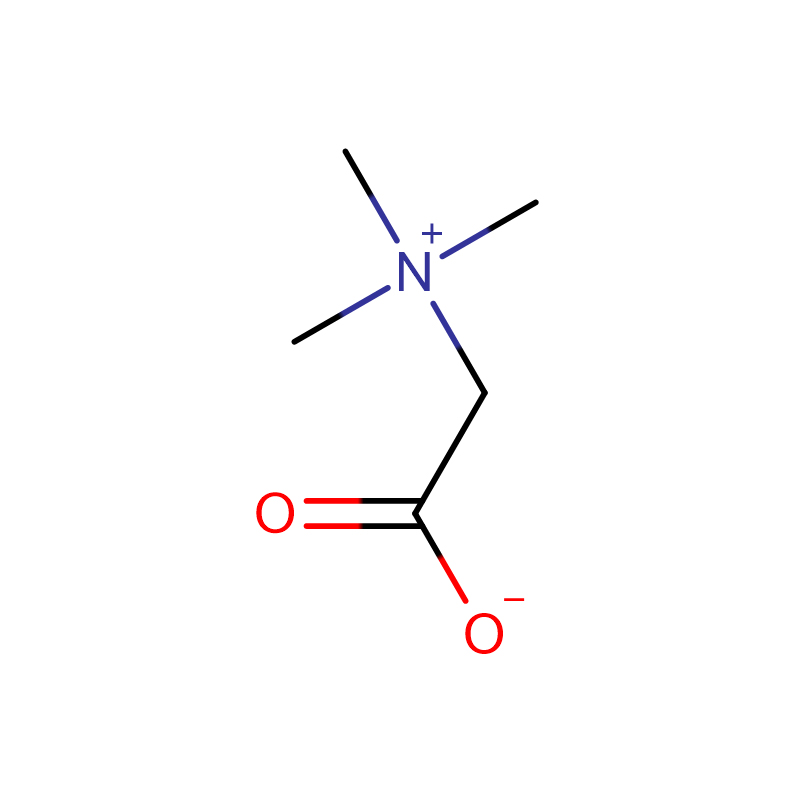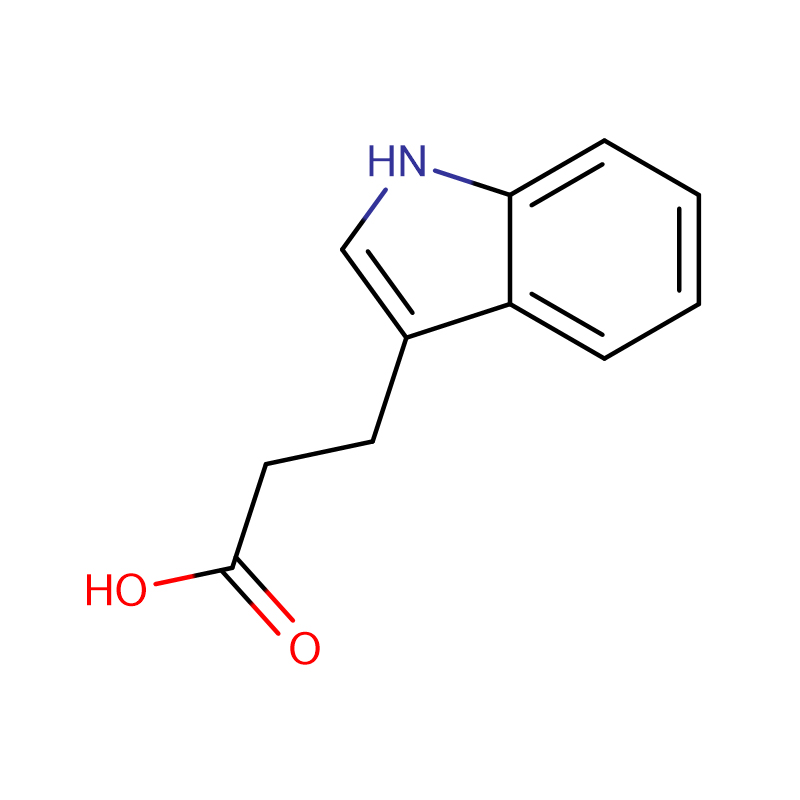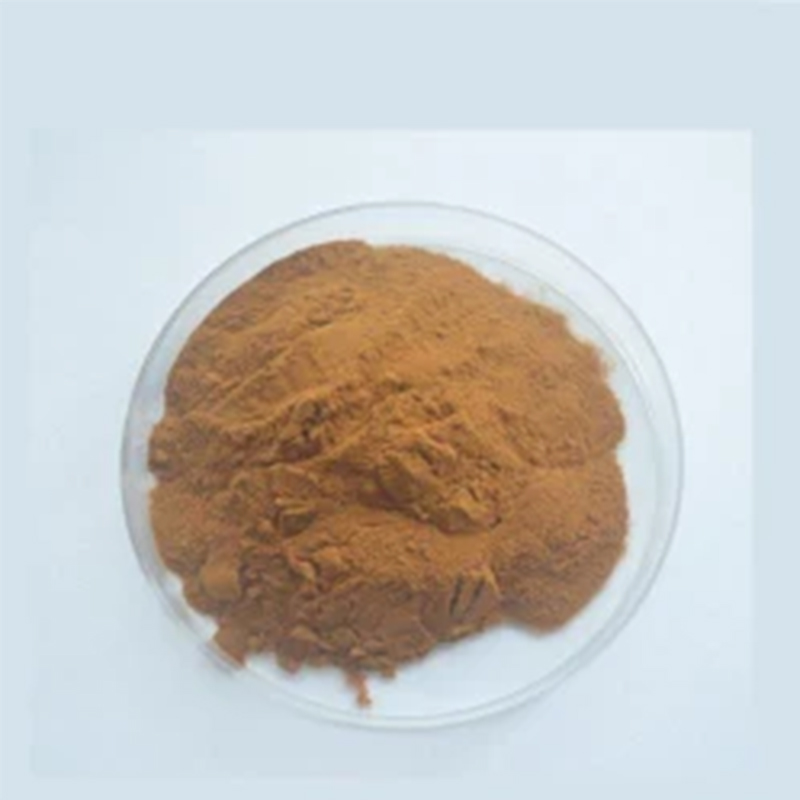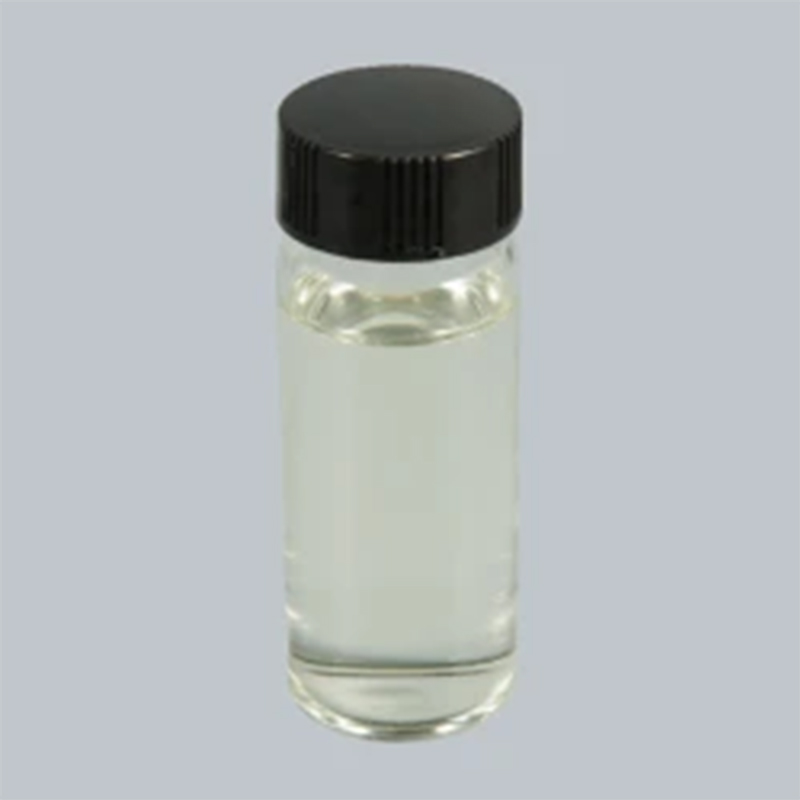Betaine Anhydrous Cas:107-43-7
| Catalog Number | XD91192 |
| Product Name | Betaine Anhydrous |
| CAS | 107-43-7 |
| Molecular Formula | C5H11NO2 |
| Molecular Weight | 117.15 |
| Storage Details | Ambient |
| Harmonized Tariff Code | 29239000 |
Product Specification
|
Appearance |
White to off-white crystalline powder |
|
Assay |
99% min |
|
Ash |
≤3% |
|
Chloride |
≤0.2% |
|
Total heavy metals |
≤0.001% |
|
Arsenic(As) |
≤0.0002 |
|
Loss on Drying, % |
≤2% |
Uses: lowering blood lipids, anti-fatty liver; anti-aging use as a feed additive to promote animal growth and improve disease resistance
Uses: Feed grade betaine anhydrous can be used as feed additive, it is a natural high-efficiency methyl donor, can partially replace methionine and choline chloride, reduce feed cost, reduce pig back fat, and improve lean meat rate and carcass quality.
Uses: lowering blood lipids, anti-fatty liver; anti-aging
Uses: It is betaine-type amphoteric surfactant, used as a leveling agent for vat dyeing.
Application: Adding betaine to feed has the function of protecting the vitamins in the feed. The feed can withstand high temperature and has a long storage period, which can greatly improve the utilization rate of the feed and reduce the cost. Adding 0.05% betaine to chicken feed can replace 0.1% methionine; adding betaine to bait has an attracting effect on fish and shrimp, and can be used in large quantities as a peng agent for aquatic products; adding betaine to pig feed, pigs love to eat , and increased lean meat percentage. 1kg of betaine is equivalent to 3.5kg of methionine. The ability of betaine to provide methyl group is 1.2 times that of choline chloride and 3.8 times that of methionine, and the feeding effect is very significant.


